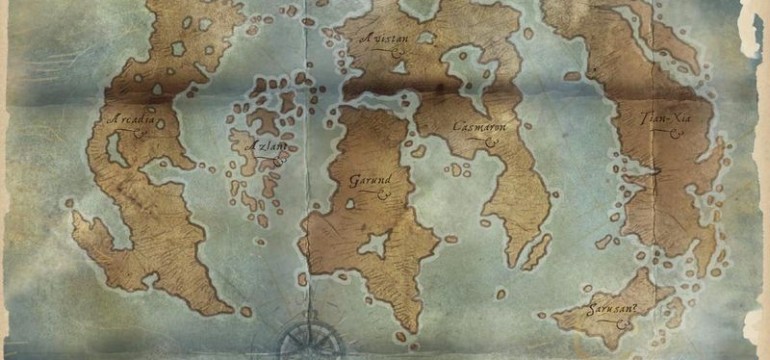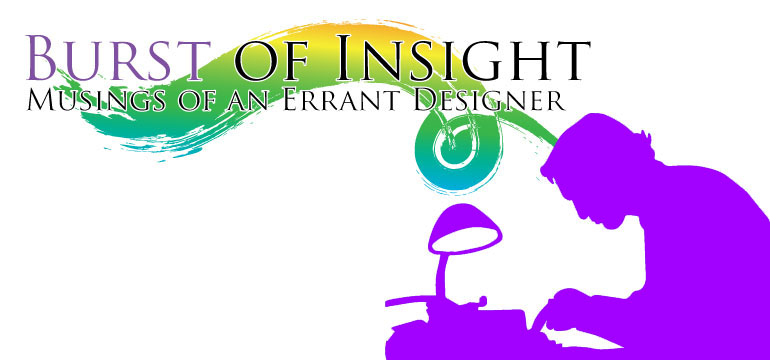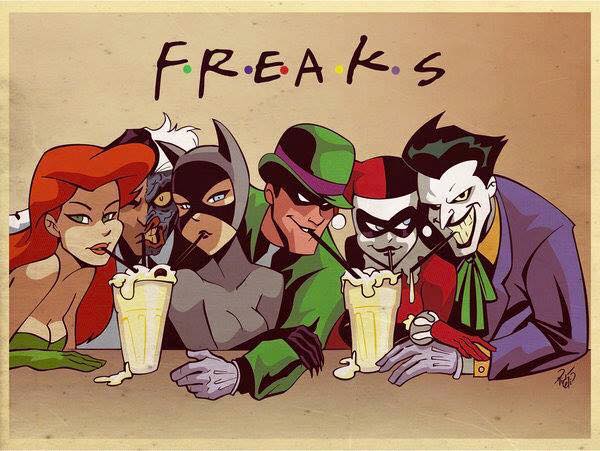Or Friends Don’t Let GMs World Build Alone.
I hate to use the phrase crowdsourcing in terms of world building but it’s mostly appropriate. Maybe better would be player-sourced world building. Well whatever we decide to call it I think it is a good Idea for GMs to return some of that work back over to the players. This can be a daunting prospect for both the GM and some players. It can be hard to let go and let someone else add their ideas to your world. It can also be intimidating to make changes to what you see as your GM’s campaign setting. But these worlds we play in have never belonged exclusively to the game masters.
Even if they don’t notice, they players will take ownership of parts of the campaign world and you can see it in the way reference things. “our castle,” “our city […village…town…etc…],” “my follower,”, “my mentor” and on and on. The players and the GM share the world your campaigns happen in why not start letting them influence the shape of the world before the campaign begins.
There are a couple of different approaches you can take to this. Maybe as a part of a session zero or even sometime before that you sit down with your potential players and everyone comes up with two to four, short prompts toss those in a bowl, hat or on random results table. Select one idea for each player (including the GM) at your table or more if you have a very small group and brainstorm a setting that encompasses all of those ideas.
You might pull: Zombies, Wild Magic, Road Trip, The Royal Castle, Animal Companions, and Zeppelins. So you have a campaign about a zombie apocalypse that has forced the mortal races to build zeppelin cities far above the hungry horde. All was returning to normal but recently magic has become unpredictable and the council of magi has determined that the source of the disruption is hidden in the Royal Castle of in Neveris and the PC’s must journey there and discover what is affecting magic. Unfortunately, a permanent storm rages at the border of Neveris that will force the PCs to travel by road for several days to reach the castle. Each PC is gifted an animal companion because the animals will sense the approach of zombies.
Or maybe you decide on something totally different. Ignoring elements that stop feeling relevant and adding new ones that fire your imaginations. We’ve used this method a number of times a couple of the times we’ve even recorded it (both the Session zero and several sessions of play).
Another less radical approach is to for the GM to create the space where most of the campaign’s action will take place and during your session zero the players can add details.
Player one: “Hey I’m playing a rogue is there a thieves guild?”
GM: I think there might be. Is your character a part of the guild?
Player one: No, I was thinking I got on the guild’s bad side.
GM: Okay, cool. What does your character know about the guild?
In this scenario the player can outline what they think they know about the guild and the GM can fill in the details including subverting one or two things the character was mistaken about. The GM shouldn’t invalidate all of the character’s information but use minor misunderstandings to make the world seem more real. For example, the player suggests the guild is known as the Shadow Asps and the ranking guild lord is a level 10 vigilante known as the Demon. The GM decides the Demon was unseated by an underling, and is now missing. When the PCs inevitably cross the guild they will discover that some of their intelligence is outdated. The GM might even use the vigilante’s public persona to put the PCs in the path of the guild making the Demon a potential ally instead of an enemy to overcome.
You might ask the Cleric player to detail the, legends of her deity or an overview of the far away land she hails from. You might also ask your players what they want from the campaign (and the setting) and get their input and define the aspects that most resonate with your players together.
These are things you can also do on the fly. A PC asks to make a religion roll to see if they remember anything about the Cult of the Iridescent Fang. Even though you had some ideas about what lies ahead in the campaign turn the question back to the player:
“I don’t know. You rolled a 16, I think that’s enough for you to tell me three things you’ve heard about the Cult of the Iridescent Fang.”
Try to work the details they give you in as fact. If they give you something you don’t think you can use you can “remind” them that that particular rumor comes from Bob whose rumors tend to prove unreliable most of the time. If it then doesn’t seem like they have enough information or if the quality of the rumors they give you warrants it, drop a hint that directly pertains to the current application of the skill check.
All in all, asking your players to contribute will not only increase their investment in the setting but it will likely open up ideas you would have never considered.







